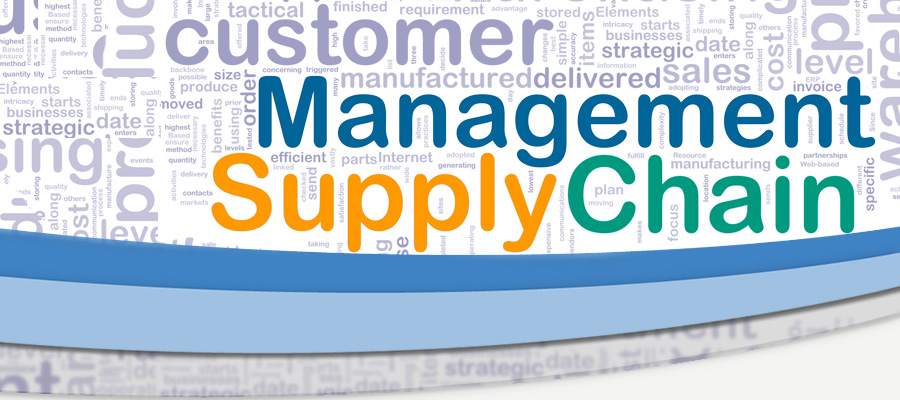
Photo: Thomas Hawk, Flickr
- CEO Pay Has Risen 90 Times Faster Than Average Worker Pay Since The 1970s
Defenders of outsized executive pay argue CEOs get what they deserve: that their performance justifies the huge outlays. But the paper doesn’t find much evidence for it, at least in the aggregate. Between 1978 and 2014, the stock market rose only about half as much as CEO pay did. And CEO pay has been rising across the board, both at companies that have been doing well and those that haven’t.
- Workday is creating a supply chain tool for the healthcare industry
“Health care providers are dealing with a significant amount of complexity,” said Workday Vice President of Industry Strategy and Alliances John Webb. “New regulations, industry consolidation and a shifting patient relationship are changing the way they manage their organizations. With Workday, health care providers will have the people, financial and supply chain insights they need, all in one system built on a flexible foundation from which they can continually adapt and grow in a dynamic industry.
- 4 Surefire Ways to Grow Your Circle of Influence
1. Do what you say. Nothing erodes personal credibility faster than a lack of trust. Building trust is fundamental to increasing your circle of influence. If you possess the skill to execute project A and the will to do so ethically, then others’ trust in you will increase. Just be consistent because once you break that trust it’s like taking a piece of paper, wrinkling it up and then trying to flatten it out again — it never actually returns to its original state.
http://www.entrepreneur.com/article/248220?ctp=BizDev&src=Syndication&msc=Feedly
- LOGISTICS COSTS ARE UP, BUT SO ARE WAYS TO MANAGE THEM
But the most prominent reason for rising supply chain management costs, researchers found, was transportation. According to the CSCMP, transportation costs increased by 3.6 percent last year due to larger shipment volumes, the emergence of same-day delivery models and the continuing adoption of eCommerce. These trends are forcing warehouse management strategies to change and have largely led to the adoption of warehouse management Software-as-a-Service solutions.
http://www.pymnts.com/in-depth/2015/logistics-costs-are-up-but-so-are-ways-to-manage-them/
- How I Broke Through My Own Mediocrity
The mediocre entrepreneur doesn’t “Blink” in the Malcolm Gladwell sense. In Gladwell’s book he often talks about people who can form snap correct judgements in two or three seconds. My initial judgement when I meet or even see people is this: I hate you. And then I veer from that to too trusting. Finally, after I bounce back and forth, and through much trial and error, I end up somewhere in the middle. I also tend to drop people I can’t trust very quickly. I think the great entrepreneur can make snap judgements and be very successful with it. But that doesn’t work for most people.
http://lifehacker.com/how-i-broke-through-my-own-mediocrity-1716887232
- Small Cloud Providers Serve Supply Chain Management Market
The SCM market is highly fragmented. The top 10 vendors have about 55% of the market, with the remainder split among 57 vendors. These 57 experienced average annual revenue growth of 9.6%, indicating strong demand for specialized offerings that are competitive with, and sometimes complementary to, the larger providers’ products.
http://www.ebnonline.com/author.asp?section_id=1084&doc_id=278076


